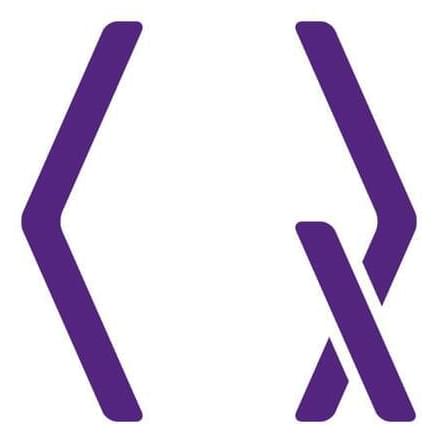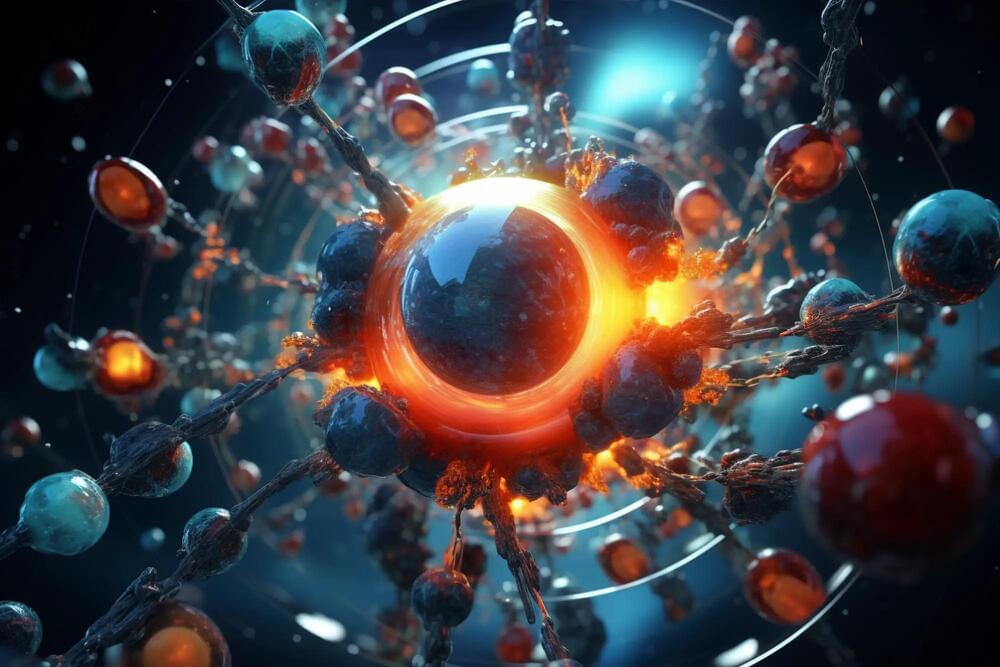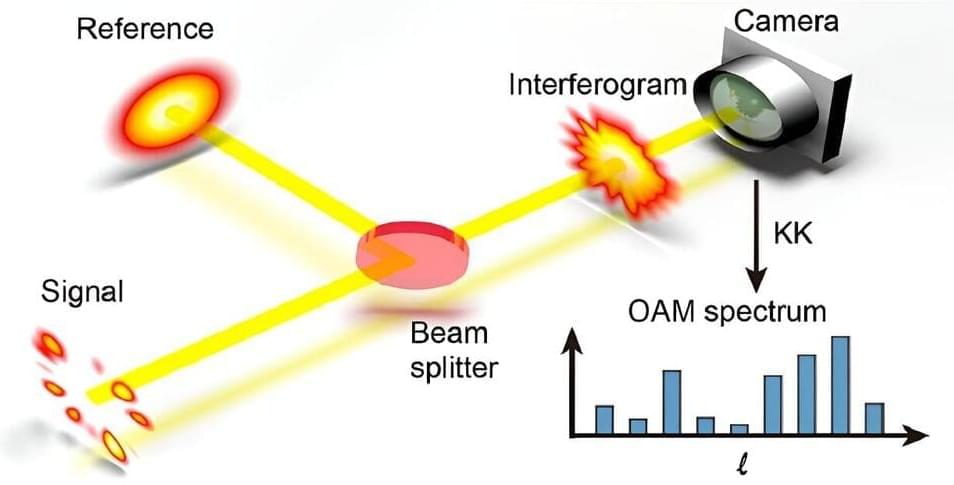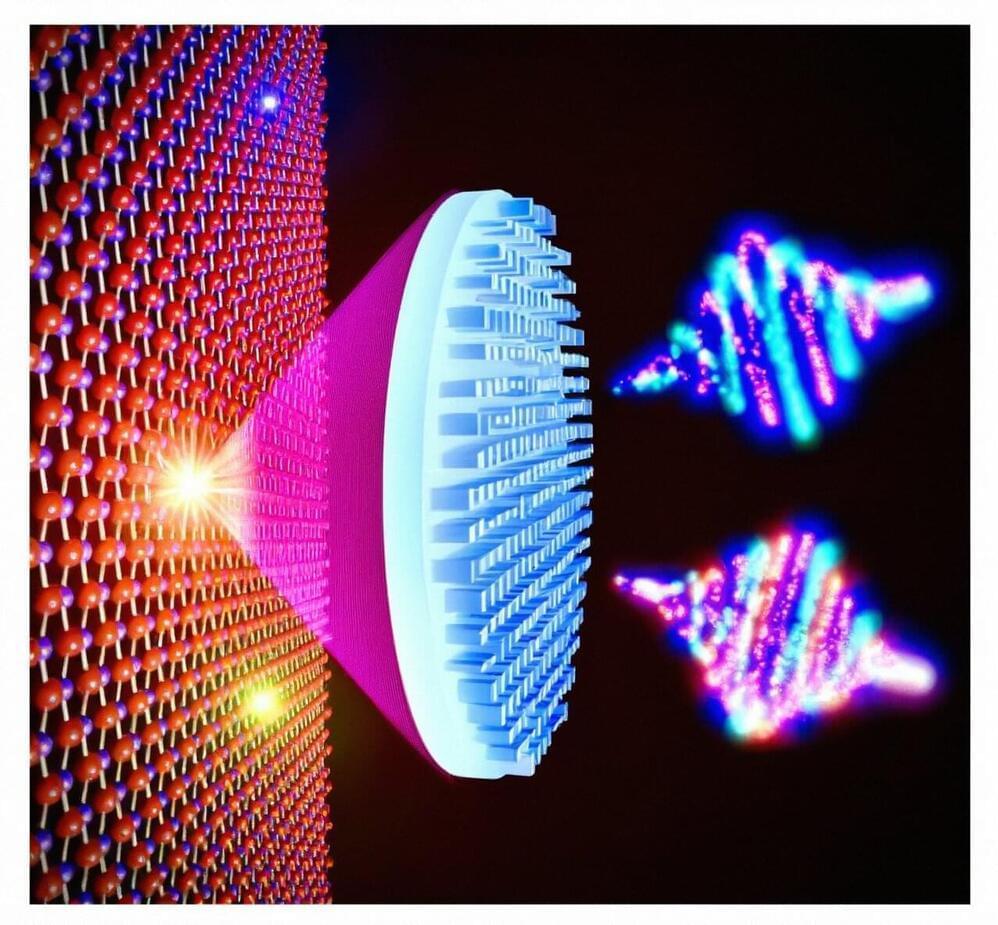All this and stamp collecting?paraphrase Lord Kelvin.
If you’d like to learn more about quantum mechanics, use our link https://brilliant.org/sabine — You can get started for free, and the first 200 will get 20% off the annual premium subscription.
Correction to what I say at 14:22 — The KATRIN experiment does not look for neutrinoless double beta decay, it’s trying to measure the absolute neutrino masses. There are several other experiments looking for neutrinoless double beta decay. Sorry about that mixup!
Some physicists are claiming that there is something “wrong” with our understanding of the universe. Oftentimes, it’s just to justify asking for funding for new experiments, a better detector, a new telescope, a bigger collider, but what if there’s something more than that? Do we have evidence of new physics? Or not? In this video, we will look at dark matter and dark energy, quantum gravity, the mass of the Higgs-boson, neutrino masses, and the matter-antimatter asymmetry.
💌 Support us on Donatebox ➜ https://donorbox.org/swtg.







